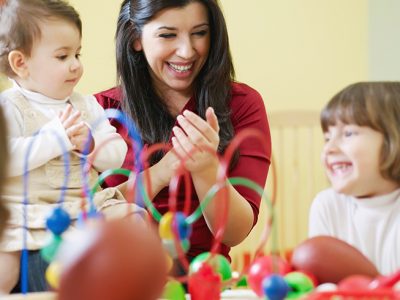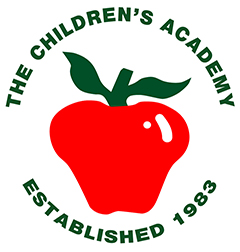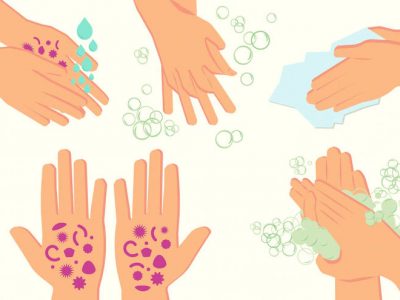
Studies have shown that the most important period of a child’s life is their first five years. Children are capable of learning from a very early age, so it is ideal to expose them to a nurturing and educational environment during those years. By providing an environment that is fun-filled, safe and stimulating, you can ensure that your child gets off to a great start.
While adults typically think of play-time as a form of entertainment, it can actually teach your child a great deal about themselves and the world around them. Believe it or not, playing peek-a-boo is actually beneficial for your child. The earlier a child develops these skills, the more significant the long term impact will be.
Self-esteem, confidence, coordination, problem-solving skills, and social skills are but a few examples of the benefits that can be gained through play. Self-esteem can be enhanced by responding affectionately to your childís actions. Whether they coo, gurgle, burp, cry or smile, giving your child a positive reaction and providing lots of enthusiasm will have incredible benefits.
Physical coordination can be developed by changing your childís position and allowing him/her the opportunity to move about. Encourage movement and mobility at an early age by placing toys and objects a short distance away from your child. Giving your child different toys with different shapes, textures and colors will encourage interaction and help develop physical coordination. There are many toys on the market specifically designed to stimulate creative thought and action.
Playing hide-and-seek can help your child develop problem-solving skills. By placing a toy behind your back and encouraging your baby to find it, you will give your child an early appreciation for cause and effect. Also by giving a baby a rattle, the baby will comprehend they can make noise by themselves if they shake it. An understanding of cause and effect will put your child on the right path to a lifetime of learning.
As your child grows older, consider giving your child some household duties or chores. A child as young as two can start to learn the meaning of responsibility. Use the word ìspecialî frequently and give them age-appropriate tasks such as handing out napkins at the dinner table. Be sure to encourage your child through the positive affirmation of his/her actions.
The following are other general tips to enhance the developmental stages of your young childís life:
- Go to the library with your child to pick out a book, and then read it together.
- Encourage your child to explore arts and crafts to develop their creative side.
- The internet is a great educational tool for children. There are some great sites out there!
- Watch TV with your child and talk about what they see on screen.
- Buy them educational toys.
- Allow your child the opportunity to interact with other children regularly.



